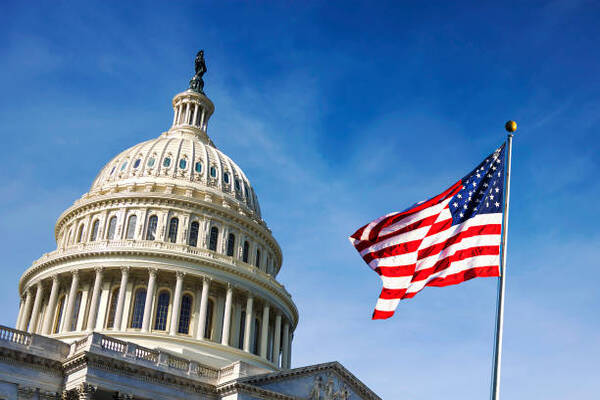Published on
October 19, 2025
The ongoing US government shutdown under the Trump administration is causing significant economic turmoil, with federal workers facing financial hardship and key sectors, such as tourism and small businesses, experiencing severe disruptions. As negotiations remain deadlocked, the prolonged shutdown has led to a major slowdown in economic activity, affecting millions of Americans and businesses across the nation. The longer the shutdown continues, the more profound its impact on both the workforce and the broader economy, creating a ripple effect that is felt in every corner of the country.
The ongoing federal government shutdown has significantly disrupted various sectors of the U.S. economy, with many federal employees now living paycheck to paycheck. In response, food banks in several communities have stepped up their support. For instance, the Capital Area Food Bank in the Washington, D.C. area has announced extra food distributions starting this Monday to assist federal workers and contractors dealing with financial challenges during the shutdown.
Economic Impact of the Shutdown
Economists are warning that the economic impact of the shutdown will only deepen the longer it continues. According to estimates from Oxford Economics, each additional week of the shutdown reduces U.S. economic growth by 0.1 to 0.2 percentage points. If the shutdown stretches for an entire quarter, which has never happened before, it could reduce growth by between 1.2 and 2.4 percentage points, a significant hit to the nation’s economy.
Tourism Industry Faces Major Setbacks
Tourism is among the hardest-hit sectors due to the shutdown. The U.S. Travel Association has estimated that the country is losing around $1 billion per week in tourism revenue, as visitors cancel plans to visit national parks, historical landmarks, and major attractions in Washington, D.C. The closure of public sites, including the Smithsonian museums and the National Zoo, has compounded the problem, leaving many tourists unable to enjoy key sites.
Travel Disruptions
The travel industry, especially air travel, is also struggling. The Federal Aviation Administration (FAA) has reported significant shortages of air traffic controllers in cities like Boston, Philadelphia, Atlanta, and Houston. These shortages have resulted in widespread flight delays at airports in Nashville, Dallas, Newark, and other locations, affecting travel plans for many people across the country.
Strain on Small Businesses
Small businesses are also bearing the brunt of the shutdown. The U.S. Chamber of Commerce has raised concerns about the lack of new loans for small businesses, as the Small Business Administration (SBA) typically supports around $860 million in loans every week for approximately 1,600 businesses. With the shutdown in place, this crucial financial support has come to a halt. In addition, mortgage approvals have been delayed, and property transactions have stalled due to a freeze on flood insurance policy issuance and renewal.
Political Gridlock Persists
The political standoff in Washington remains entrenched, with no sign of compromise from either side. Historically, parties that tie funding bills to additional demands rarely succeed, as was the case in previous shutdowns. Public opinion on the issue is divided, with many Americans holding the Republican Party and former President Trump responsible for the ongoing shutdown. A recent poll by The Associated Press-NORC Center for Public Affairs Research revealed that 60% of U.S. adults place blame on the Republicans and Trump for the shutdown.
In addition to the shutdown, significant government funding has been frozen, including about $18 billion allocated for a new rail tunnel under the Hudson River and an extension of New York City’s Second Avenue subway project. Furthermore, $7.6 billion in clean energy grants for projects in states that supported Trump in the last presidential election have been canceled. Officials have clarified that these cuts are not directly related to the shutdown itself.
Negotiations at a Standstill
As the shutdown continues, negotiations remain at a standstill. One side insists that discussions on health care reforms should only occur once the government is fully reopened, a stance that has been met with resistance. The other side remains firm, vowing not to back down and asserting that their position is in the best interests of the American people.
The Shutdown’s Ongoing Consequences
The ongoing federal shutdown continues to wreak havoc on various industries, including tourism, travel, and small businesses. As negotiations stall and public frustration mounts, it remains unclear when—or if—Congress and the administration will come to a resolution. Until then, the economic fallout is likely to deepen, with a widening gap between those directly impacted by the shutdown and those still waiting for a resolution. The longer the shutdown continues, the greater the uncertainty for workers, businesses, and the national economy.
